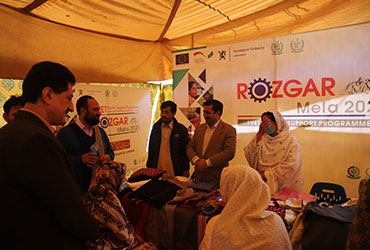
Skardu 26th Oct 2021: The Directorate of Technical Education and Skills Development (DTESD), Gilgit Baltistan in collaboration of TVET Sector Support Programme organized first-ever Rozgar Mela (job fair) to make young graduates’ integral part of GB’s economic growth through job placements in leading enterprises. The event witnessed active participation from trained and well qualified graduates from TVET Sector support Programme who have completed their competency-based training or received their certificates through Recognition of Prior Learning (RPL). Minister Education, representatives of DTESD, Head of FPCCI Capital House Islamabad and EU Delegation to Pakistan Dignitaries and donor delegate visited the job fair to experience the induction process from 4 participating enterprises.
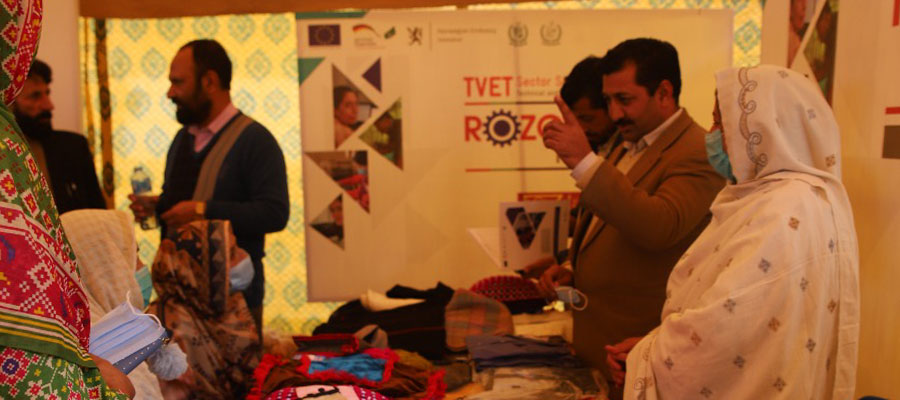
The job fair was followed by a certificate award ceremony to as-many-as 75 CBTA graduates of Government Vocational Training Centre in Skardu. GB economic potential can only be tap if government develops a formal skill development approach. There is an increasing trend of enrolment of youth in formal education but unfortunately the TVET stream remains a low priority for the youth causing a job mismatch for recruitments in ongoing mega projects like construction of Diamer-Bhasha Dam, expansion of KKH, un-explored mineral resources, tourism, trade & commerce and emerging IT sector.
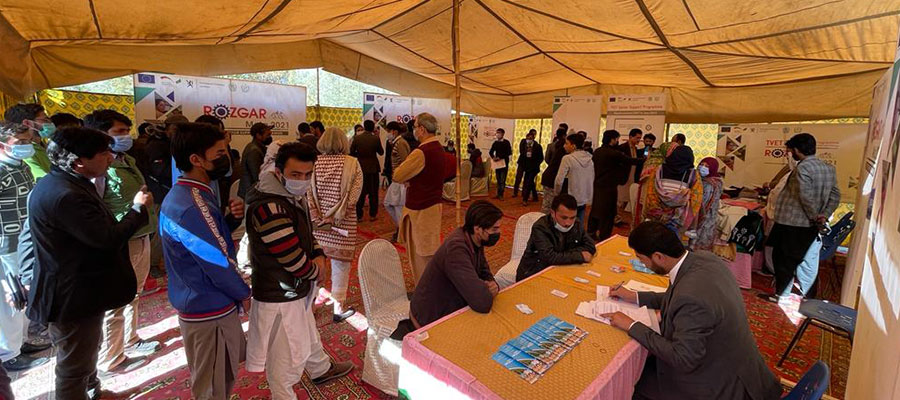
Current data suggests more than 400,000 people work in the labour force (age 15-65) of GB now. Every year it is estimated that 20,000 more young, men and women will further be added to this total labour force. Due to unavailability of skilled labour, local work force is not actively contributing to or benefiting from the regional economy. The TVET landscape of the region is highly fragmented and has challenges in defining its needs and exploring opportunities. TVET as a sector largely resides within the scattered network of local and I-NGOs and, has generally been driven with very little input or ownership of the government.
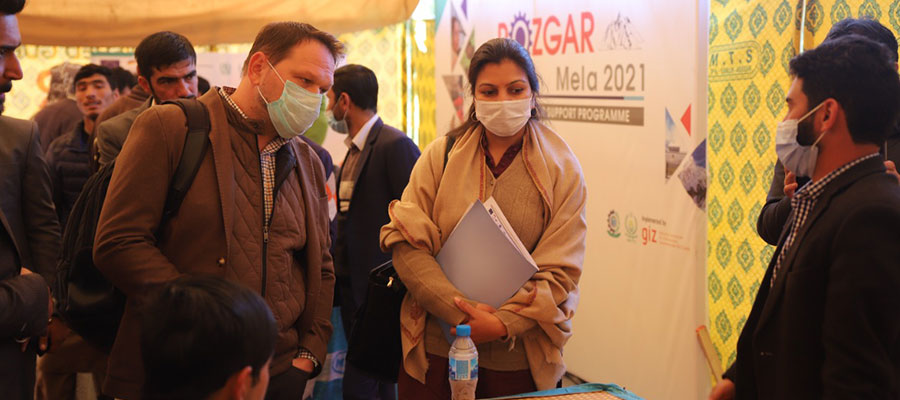
After the recent development of the approval of the TVET Act 2018 of Gilgit Baltistan, the legislative process has opened doors for real-time reforms in the TVET Sector of this remote region. In this regard DTESD partnered with TVET SSP has been supporting the GB government in developing infrastructure, train HR (Directorate, Trade Testing Board, Board of Technical Education) and largely support to sustain the reforms.
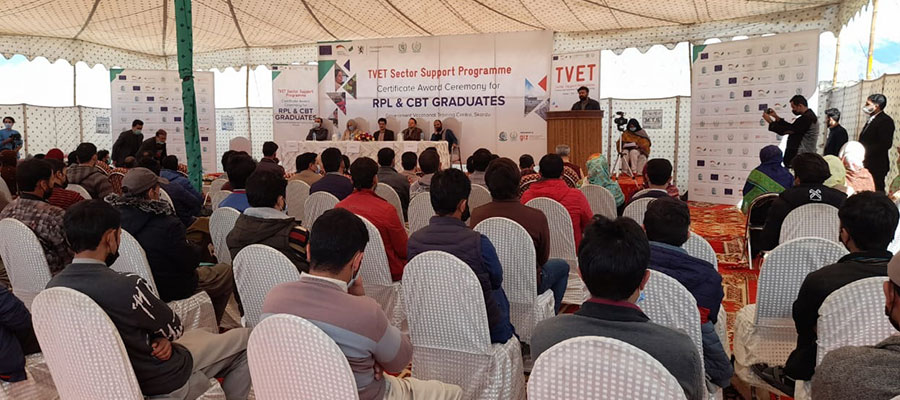
 Pakistan TVET REFORM Support Programme Technical and Vocational Education and Training (TVET) Reform support Programme
Pakistan TVET REFORM Support Programme Technical and Vocational Education and Training (TVET) Reform support Programme





